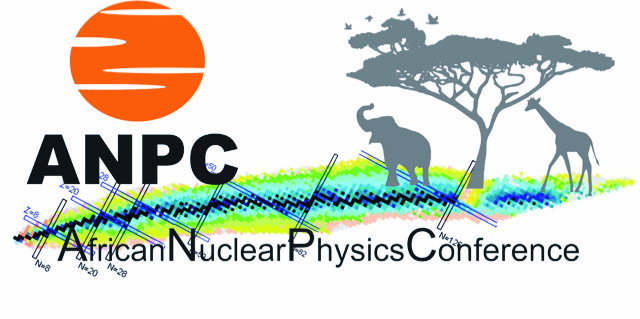Speaker
Description
The Neutron Activation Analysis technique is one of the most reliable techniques that can be used to analyze various materials in all phases (solid, liquid and gaseous). According to literature, the technique (when using the traditional approach of employing thermal neutrons) is sensitive to about 78 elements of the periodic table, and can be used to simultaneously analyze up to 35 elements. In this study, the feasibility of using the technique for routine industrial pollution measurements is investigated using FLUKA simulations and experiments.
The study area is Richards Bay, a town in the Nothern Coast of the province of KwaZulu-Natal. The area has various
heavy industrial activities, including aluminum smelting, sand dune mining, phosphate fertilizer production, operation of a kraft process paper mill and a ferrochrome plant. Studies conducted by Masok et al. (Masok et al., 2016) found that heavy metals such as Arsenic (As), Manganese (Mn) and Cadmium (Cd) were the main water contaminants, with Mn being above the target water quality range (TWQR). The elements of interest, which are typical pollutants from the industries mentioned are Mn, Pb, Cr, Fe, Ni, Cd, Sr and Zn. In this study environmental samples and certified reference materials were irradiated using fast neutrons, their spectra were measured and analyzed. The experimental results of the water CRM showed very few peaks, excluding background, while the soil CRM showed more peaks of the activated elements, albeit with very low count rates. Among the few elements that were identified are Al, Mn and As.

